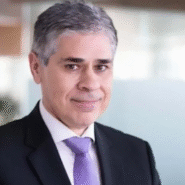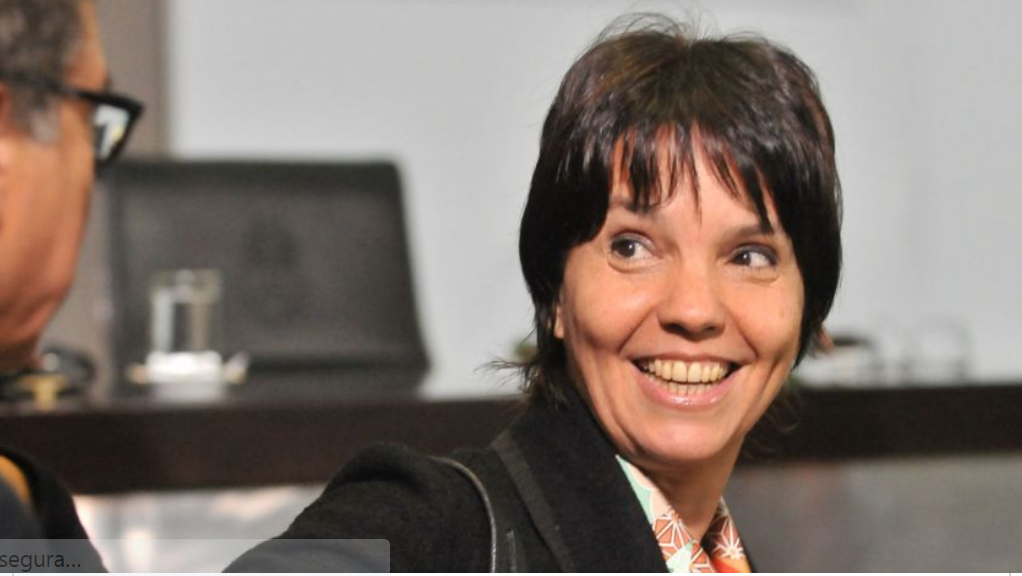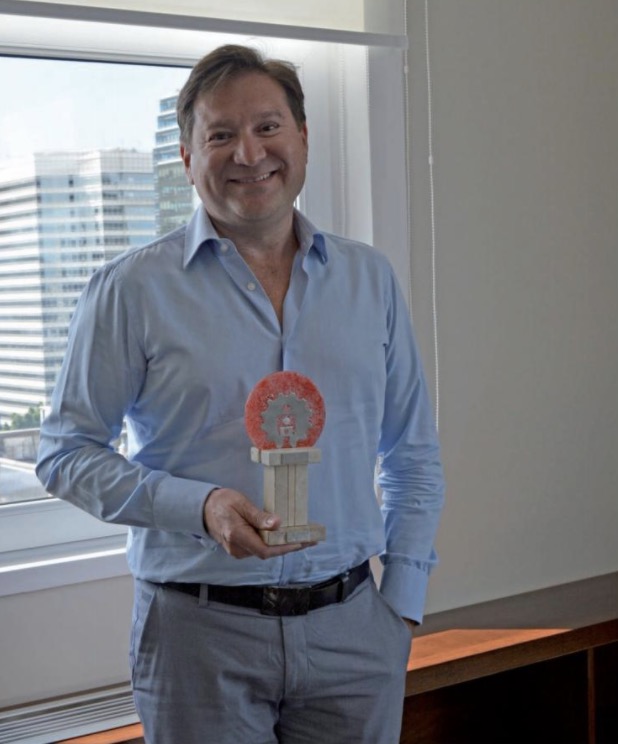Life and Times
Mercedes Marcó del Pont was born and raised in the northern part of Buenos Aires. The Marcó del Pont family first arrived in what is now Argentina in 1785 from Catalonia and became prominent in commerce.
She became interested in politics during her teenage years and joined the centrist Integration and Development Movement (MID), a party whose platform focused on supporting import substitution industrialization and foreign direct investment. She enrolled at the University of Buenos Aires and earned a degree in Economics in 1982. She joined CLACSO, the Latin American Council of Social Sciences, in 1984, worked as a teaching assistant at her alma mater’s School of Economics, and taught a specialized course in the discipline to members of the Sanitation Workers’ Federation in 1985. She was accepted as a master’s candidate at Yale University’s Center for Economic Growth and obtained her postgraduate degree in International and Development Economics in 1987.
Upon returning to Argentina, she became a senior researcher at the Development Research Foundation (FIDE), a think tank founded by Octavio Frigerio (son of the late MID leader Rogelio Julio Frigerio, and Marcó del Pont’s cousin). She entered public service in 1989 as a senior adviser on petrochemical industry policy at the Planning Secretariat of the Ministry of Economy and, after leaving that post, was named Director of FIDE in 1991. During the following decade, she worked as a consultant on statistics and investment incentive policies for the city of Buenos Aires and the provinces of Buenos Aires and Misiones. She authored several papers on topics such as the local effects of globalization, the 1992 Brady Plan for debt reduction, the Convertibility Plan for exchange rate stabilization, and the labor market, among others.
Marcó del Pont married Jorge Cafferata, a prominent local psychiatrist, and had three children. She taught at the National University of Lomas de Zamora from 1999 to 2002 and joined developmental economist Aldo Ferrer and other University of Buenos Aires academics in the Phoenix Plan, which advocated for a more balanced form of globalization. Marcó del Pont briefly served as chief policy adviser to Production Minister José de Mendiguren (from January to March 2002) and authored a book, Crisis y Reforma Económica, in 2004. She was elected to the Lower House of Congress with the Front for Victory (FPV) ticket in the 2005 midterm elections. She supported Education Minister Daniel Filmus on the FPV’s federal district Senate list for the 2007 elections; however, in an exceptional political year, the FPV was defeated in that race.







